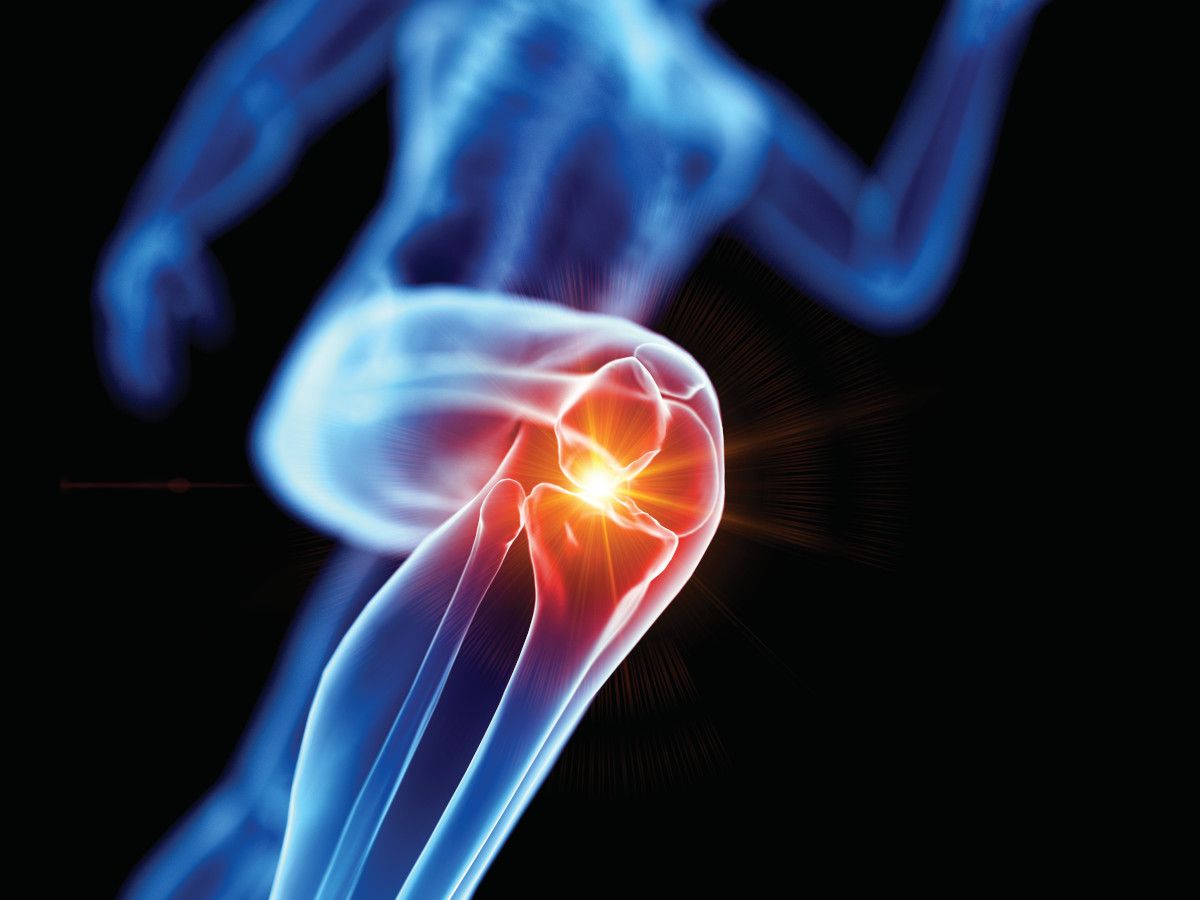Standardized cucumber extract may support joint health according to a recent study
A recent study found that a proprietary aqueous extract of cucumber called Q-Actin, helped improve symptoms of moderate osteoarthritis in a dose-dependent manner.
Photo © AdobeStock.com/SciePro

A recent study1 found that a proprietary aqueous extract of Curcumis sativa (Cucumber) called Q-Actin, helped improve symptoms of moderate osteoarthritis in a dose-dependent manner. In the study, 91 patients with knee osteoarthritis were given either placebo, 20 mg of Q-Actin, and 100 mg of Q-Actin per day for 180 days. Researchers used the modified Western Ontario McMaster Universities Oste-oarthritis Index (WOMAC), the Visual Analog Scale (VAS), and the Lequesne’s Algo-Functional Index (LFI) to measure osteoarthritis parameters at 30-day intervals (30, 60, 90, 120, and 180 days).
Results showed that WOMAC score values were significantly different for subjects taking Q-Actin compared to those taking placebo. Subjects taking 20 mg of the extract experienced a 32% improvement in WOMAC scores, compared to placebo and those taking 100 mg saw a 39% improvement. Similarly, both Q-Actin groups saw significantly greater improvements in both the VAS scores and LFI scores, compared to placebo. Subjects taking 20 mg of Q-Actin experienced a 39% and 40% change in VAS and LFI scores, respectively, while those taking 100 mg saw a 45% and 50% change in VAS and LFI scores, respectively. While both doses were effective, the differences between the two Q-Actin groups indicate a dose-dependent response.
Q-Actin is marketed by IminoTech Inc. (Carson City, NV) and standardized to 1.1% idoBR1 iminosugar.
Reference
- Nash, R.J.; Mafongang, A.; Singh, H.; Singwe-Ngandeu, M; Penkova, Y.B.; Kaur, T.; Akbar, J. Standardised ido-BR1 Cucumber Extract Improved Parameters Linked to Moderate Osteoarthritis in a Placebo-controlled Study. Current Rheumetology Review. 2023, Article ASAP. DOI: 10.2174/1573397119666230206105703





